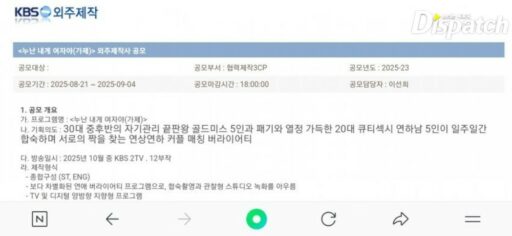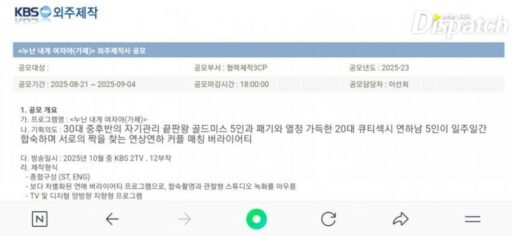**Improvement of Military Junior Officer Treatment, 700 Billion Won Increase in Next Year's Budget**
The government plans to significantly increase the budget for improving the treatment of military junior officers in next year's budget proposal.
The first budget proposal of the Yoon Suk-yeol administration for 2026 passed the Cabinet meeting on the 28th.
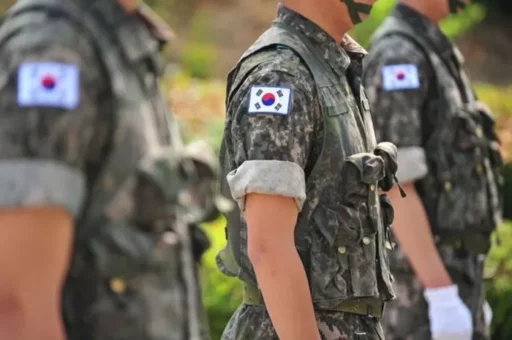
In particular, the budget for improving the treatment of junior officers within the defense budget has been set at 15.1 trillion won, an increase of 700 billion won from this year's 14.4 trillion won.
The key point of this budget proposal is to raise the salaries of junior officers, which include non-commissioned officers and junior commissioned officers, by up to 6.6%.
This increase is double the rate of general public servant salary increases, demonstrating the government's commitment to improving the treatment of military junior officers.
The scope of the short-term service incentive and allowances will also be expanded to include civilian-acquired non-commissioned officers and military academy non-commissioned officers.
**Strengthening Long-Term Service Support and Increasing Duty Pay**
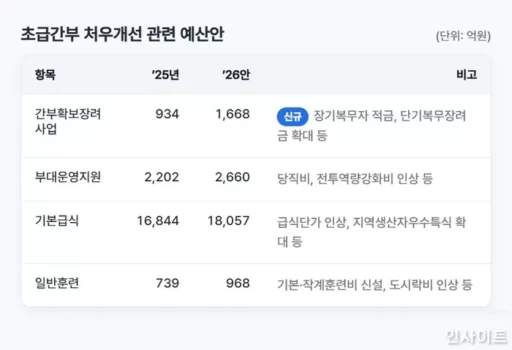
A new 'Tomorrow Savings Plan' has been established for long-serving military officers. This system supports a monthly matching contribution of 300,000 won for long-serving officers, providing benefits of up to 10.8 million won over three years.
Duty pay is also set to increase, rising from the current 20,000 won on weekdays and 40,000 won on holidays to 40,000 won on weekdays and 60,000 won on holidays.
While the previous government planned to increase weekday duty pay to 50,000 won and holiday duty pay to 100,000 won, it was ultimately unsuccessful. Although this represents a retreat from initial expectations, some improvements are anticipated.
The fund for enhancing officer combat capabilities will increase by 3.2% compared to this year, and the activity fund for the master sergeant will also be raised by 50,000 won to 350,000 won.
The meal cost, which had been frozen for three years, is set to rise by 1,000 won to 14,000 won. Plans are also in place to double the regional coexistence special meal options to enhance the quality of meals.
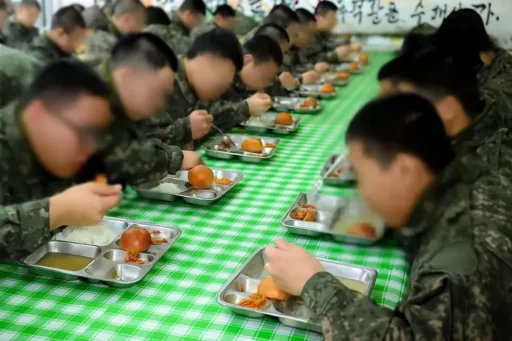
**Increased Budget for Soldier Education and Equipment Improvement**
Support for soldiers' self-development will be reinforced. The number of remote lecture targets will increase from 30,000 to 40,000, and new support for e-books is expected to be increased.
A budget of 40.9 billion won has been allocated for artificial intelligence education for all soldiers, and 19 billion won for drone education to enhance training in preparation for future battlefield environments.
There will also be changes in equipment improvement. A budget of 100 billion won has been allocated to expand the supply of new combat uniforms, which had mainly been provided to frontline units, to all units.
Plans to replace old combat vehicles with new ones (from 211 to 729 vehicles) are also included.
The training costs for reservists will be increased. For reservists in their first to fourth years, the training cost for 'Mobilization Training Type I' will rise from 82,000 won to 95,000 won, and the training cost for 'Mobilization Training Type II' will increase from 40,000 won to 50,000 won.
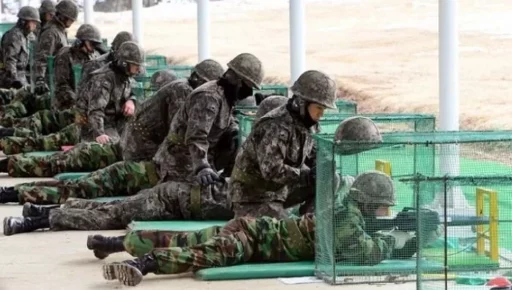
The cost for packed lunch will increase from 8,000 won to 9,000 won, and a new basic and operational training cost of 10,000 won will be established for the first time.
Image source: Material photos for understanding the article / gettyimagesbank, Ministry of Strategy and Finance 'Major Contents of the 2025–2029 National Financial Operation Plan' / Photo=Insight, Material photos for understanding the article / Ministry of Defense, Material photos for understanding the article / News1
